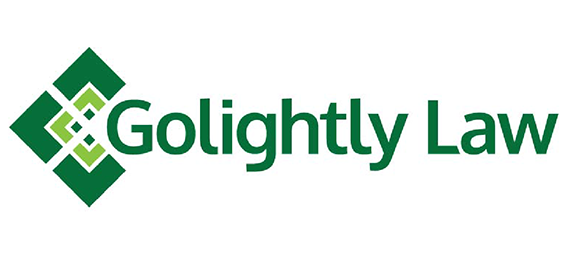Probate
When a person passes away with or without a will, someone needs to start the “probate” process. Probate often intimidates people, and we’re here to help.
During the probate process, the person named in the will as executor, or an administrator if there is no will, must first qualify with the local circuit court. Then, the executor notifies the family of the deceased, does an inventory of estate assets, and ensures all taxes and debts are paid. Whatever assets remain in the estate must be paid out to the beneficiaries.
Everything that the executor is doing is being audited during the probate process, and there are specific and detailed rules that must be followed. Mistakes in this process are easy to make, and it’s best that, even before qualifying, an executor get some legal advice.
In the event that the will is deemed invalid, or there is no will, the court deems the estate intestate. The process for an intestate estate can be difficult, with the assets being distributed according to state laws. In most cases, this means the assets are divided among the surviving spouse and children. If the deceased has no assets, the probate process may not be necessary.
Whether there is a will or isn’t, we know this can be an incredibly stressful and emotional time. We’ll help you work through this process and give you all the support and help you need. Let us take some of the weight off your shoulders while you focus on your friends and family.
Schedule a Consultation with Our Expert Staff of Lawyers
FAQ
How long does it take to probate a Will?
Probating a Will can be quick, often depending on how soon the Probate Office at a Circuit Court can schedule an appointment. The appointment can take about an hour but the person or proponent of the Will must be there in person. It is nearly the same procedure to qualify as the Personal Representative.
What are the fees associated with the probate process?
Besides the probate taxes noted below, there are fees involved with the various reports that must be filed with your assigned Commissioner. These reports include an Inventory and an Accounting (also called an Account). The fees are relatively small: $275 is the maximum fee for an Inventory, and for an Account, the fee is graduated; for estates that exceed $1 million in assets, the fee for an Account is $1,320 plus .00075 in excess of $1 million, but not to exceed $11,000 except as may be approved by the Court. Also, recording charges per page of the Account apply (these are relatively minimal).
I am named as the Executor in my parent’s Will. Am I required to qualify and probate the Will?
No. There is no requirement to probate a Will and qualify as an Executor. However, you may not secrete or purposefully hide a Will. In determining whether to probate a Will and qualify as a Personal Representative, you should consider the title, value and nature of the assets. If the assets are less than $50,000, a full probate may not be necessary. If the assets are joint, pay on death or have named designated beneficiaries, similarly, a probate may not be necessary. If the decedent only owned real estate, probating the Will without qualification may only be required to transfer the real estate. Nonetheless, if the decedent owned personal property in his or her sole name, probate of the Will and qualification as a Personal Representative is necessary to transfer the assets.

